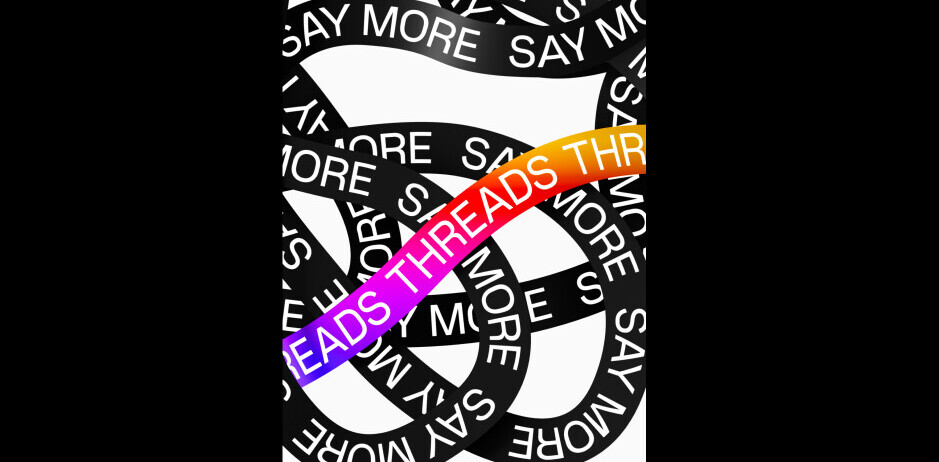
While Twitter might often be considered the complete antithesis of literature, some writers like Margaret Atwood disagree with that idea, saying that the social network and the Internet boost literacy, and these platforms should be celebrated.
We definitely agree, and since April is National Poetry Month in the US, we thought we’d take a look at some of the interesting online global initiatives taking place to celebrate it.
NPR’s Tell Me More
NPR got a head start and put out a call to its listeners last month to share their poems on Twitter using the hashtag #TMMPoetry. The only criteria is that the poem has to fit in 140 characters.
You can hear some of the ‘poetweets’ here, read by their authors, and also keep track of NPR’s favourites, which they’re highlighting using Storify.
This is one poem that stood out for us:
Don’t count dead Black men. Don’t count their bodies. Don’t note ’em in news. Don’t think their mothers mourn. Theirs is not hate.#TMMpoetry
— Diepiriye Kuku (@diepiriye) April 11, 2012
Be sure to check out the pretty active hashtag to find your own favourites.
Alfred A. Knopf + Tumblr
Traditional publisher Alfred A. Knopf meets new media publisher Tumblr on the occasion of National Poetry Month for 30 days of poems. The pair have created a Tumblr blog, Poem-A-Day Celebration, where one poem is posted per day.
You can submit your poems to be published on the blog, with a limit of one poem per day until the end of the month. A selection of these poems will be featured at a poetry celebration in New York City on April 23, which also happens to be Shakespeare’s birthday.
A Poem from Us
Created specifically for National Poetry Month, A Poem from Us is a site that is all about encouraging people to read poetry. Rather than submit readings of your own poems, A Poem from Us wants you to read your ‘favourite poems’.
Record yourself reading the poem, upload it to YouTube, Vimeo or just send the video in, and it will get featured on the site. As long as your video adheres to the guidelines of the site, it will get a spot on A Poem from Us.
Offline, they also have QR code stickers available for free. When the QR code is scanned, a random video from the site is played. Felix Jung, the creator of the site, describes them as “found poems for the digital age”.
Want to see what other people have submitted, check out the example below:
Found Poetry Project
A Kickstarter-funded initiative, the Found Poetry Project has created and distributed 500 kits around the US. The site also encourages people to make their own kits. The kits can be left anywhere in public – “coffee shops, libraries, public transportation, movie theaters, college campuses, bathrooms and more”.
The poetry kits contain directions on how to write a found poem, as well as a source text where the words for the poem come from, a pen, writing pad, and information on where to upload the poem once they’re done. The submissions will then be showcased on the Found Poetry Project site.
It’s not too late to take part in the project, as the Found Poetry Project encourages participants to continue distributing kits in April, and six poems have already been submitted to the site.
Write a poem a day
If you decide to do this, you’ve got some catching up to do, but Thinkfinity provides a list of 30 types of poems you can try your hand at throughout the month, with one poem per day. For today, for example, you have to write a ‘two voice poem‘. This is a poem that is written to be read by two people:
The poetry usually has two columns—one for each person who is reading the poem. Each person reading the poem reads the text in one of the columns. Sometimes, the poet wants the two readers to say something at the same time; so the poet writes the words on the same line in each column. These poems often sound like a dialogue for two people.
Can you think of any interesting projects taking place this month? Let us know about them in the comments.
Get the TNW newsletter
Get the most important tech news in your inbox each week.






